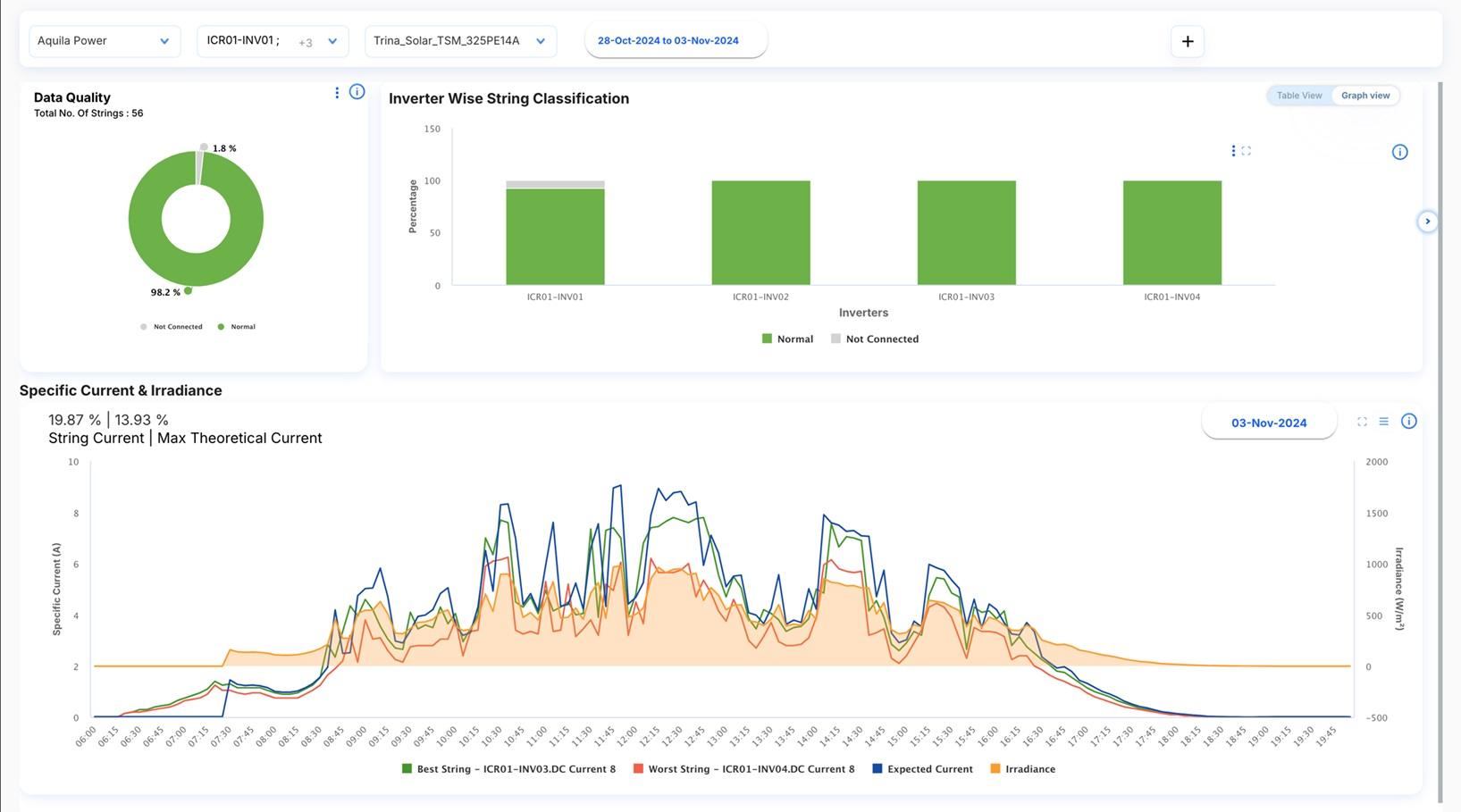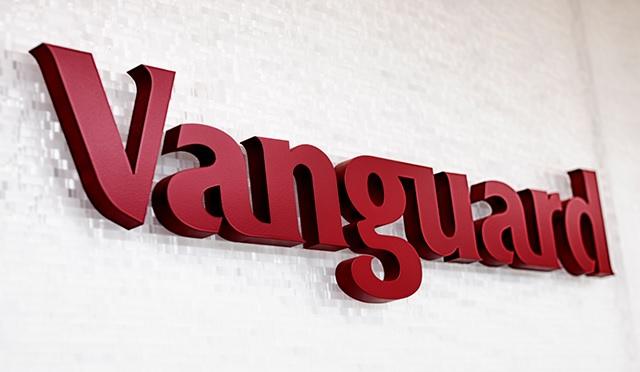MSCI Launches New Tool for Investors To Assess SDG Alignment
MSCI, one of the leading information and service providers for investors, announced today the launch of the MSCI SDG Alignment Tool, designed to help investors assess their exposure and alignment to the United Nations Sustainable Development Goals (UN SDGs).
UN SDGs refer to 17 categories of targets adopted by world leaders at the United Nations Sustainable Development Summit in September 2015, with the aim to protect the planet and improve quality of life globally. The UN SDGs set targets to achieve a broad range of aspirational goals, including ending poverty and hunger, improving education, and protecting the environment.
Remy Briand, Head of ESG at MSCI, said:
“Five years on from the adoption of the UN SDGs, we are at a critical juncture. There is increasing demand from investors to channel capital to help deliver on these goals, but the fragmented data around the extent to which a company’s products and operations are aligned to a particular SDG remains an obstacle. Through this new tool we are seeking to provide an additional layer of transparency for investors to better assess the merits of claims put forth by their portfolio companies. With the target deadline for achieving the SDGs only a decade away, the standardization of that assessment is critical.”
MSCI’s new tool aims to provide investors with a complete view of a company’s net contribution – both positive and negative – towards addressing each of the 17 UN SDGs, enabling them to measure and report on SDG alignment, develop SDG-themed investment products, comply with client mandates regarding SDGs, identify SDG-aligned companies, and to address the rising demand to channel capital towards addressing the objectives of the global goals. According to MSCI, the tool allows for flexible use of its model towards specific impact investing goals or focused on specific alignment dimensions, powered by data inputs from MSCI ESG Research’s core research products.
MSCI stated that the new tool brings together the service provider’s framework covering over 8,600 equity and fixed income issuers, with analysis of the full range of a company’s operations, products, services, policies and practices, to evaluate its net contribution to addressing the global challenges the UN SDGs aim to tackle. The framework draws on publicly available information, rather than solely relying on companies self-declared alignment with the goals, to provide a holistic view of alignment.
Briand added:
“We have found that companies can both overstate and understate their commitments to particular SDGs, which could undermine efforts by institutional investors to advance sustainable development. Investors pursuing an impact investing approach could find that portfolio companies claim to support an SDG while being implicated in conduct that may belie that support. Conversely, some companies that fail to publicly commit to any SDG but may align with at least one of the goals may fall below the radar of impact investors seeking to target positive impact companies.”





